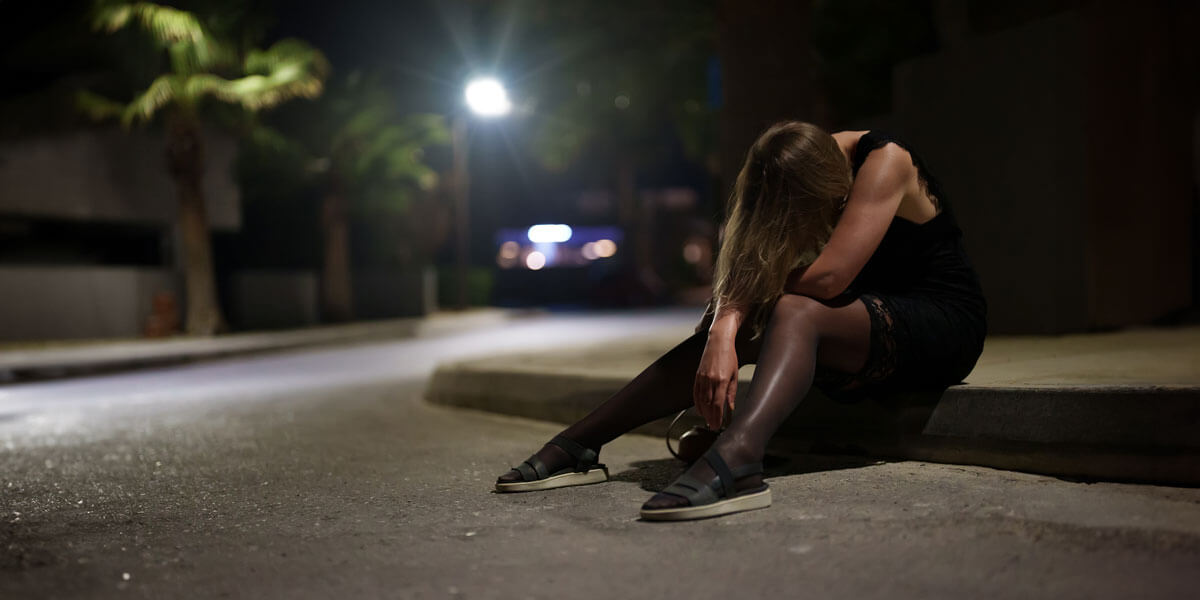The opioid epidemic has devastated millions of lives, yet the unique struggles faced by women often remain in the shadows. While much of the focus has been on the crisis at large, we need to pay closer attention to how opioid use affects women in ways that differ from men—physically, mentally, and socioeconomically. In this post, we’ll uncover the often-overlooked challenges women face and why we need to address them head-on.
Women and Opioid Addiction: Breaking the Silence
Opioid addiction doesn’t care about gender—it can affect anyone. But for women, the journey into addiction and the barriers they face can look very different. One major factor is that women are more likely to be prescribed opioids in the first place. Many women are prescribed opioids for chronic pain conditions, including issues like fibromyalgia, migraines, and post-surgical pain. Unfortunately, this increases the risk of developing opioid dependence or addiction over time.
But there’s more to it. Women often face intense societal stigma around addiction. Women are typically expected to be caregivers, the nurturers of their families. When a woman struggles with addiction, it can feel like she’s failing in that role. This societal pressure often makes it even harder for women to ask for help. The fear of judgment and shame can hold them back from seeking treatment, worsening the cycle of addiction.
Physical Health Consequences: A Devastating Impact
Opioid use comes with serious health risks, and women may be more vulnerable to certain consequences. Research shows that women often overdose on opioids at lower doses than men, and the risks of respiratory depression—essentially, your breathing slowing or stopping—are heightened.
Pregnant women face especially heartbreaking challenges. Opioid use during pregnancy can cause preterm birth, low birth weight, and neonatal abstinence syndrome (NAS)—a painful withdrawal condition for newborns. This isn’t just about the woman’s health; it affects the future of her child as well. Beyond pregnancy, chronic opioid use can lead to hormonal imbalances, menstrual irregularities, and even infertility, leaving lasting impacts on a woman’s reproductive health.
Mental Health: The Hidden Struggle
Opioid addiction is often linked to mental health issues, and for women, this connection can be especially complex. Many women struggling with addiction also battle depression, anxiety, PTSD, or eating disorders. Unfortunately, opioid use often becomes a coping mechanism for trauma, whether it’s emotional pain, abuse, or the overwhelming stress of daily life. Women may turn to opioids to numb those feelings, but instead of providing relief, the drugs just make things worse.
On top of that, societal expectations placed on women—the need to be “perfect” mothers, daughters, and caregivers—can lead to an added layer of guilt and self-blame. When women can’t meet these expectations due to addiction, it can deepen feelings of shame, making it even harder for them to reach out for help.
The Socioeconomic Impact: A Ripple Effect
The financial toll of opioid addiction on women is severe—and it extends beyond just the woman herself. Many women struggling with addiction face financial instability, unemployment, and housing insecurity. They may be juggling the responsibilities of raising children while also dealing with the effects of addiction, making it nearly impossible to maintain steady employment or provide a stable home.
What’s worse is that women often face significant barriers to getting the treatment they need. Childcare is a major obstacle—many treatment centers don’t offer services for children, making it harder for mothers to attend. Lack of transportation and financial limitations can also make accessing care difficult. These barriers can leave women stuck in a cycle of addiction with no clear path out.
Addiction doesn’t just affect the individual; it impacts families and entire communities. Children of women with opioid use disorder are more likely to experience neglect, abuse, and even develop their own substance use issues. The consequences of opioid addiction are passed down, creating a painful cycle of trauma and hardship.
Gender-Sensitive Treatment Is Crucial
We need to start viewing opioid addiction in women through a different lens. Gender-sensitive treatment approaches are essential to address the unique challenges women face. This isn’t just about medical treatment; it’s about providing emotional, social, and psychological support tailored to women’s specific needs.
That means offering treatment options that not only address physical addiction but also the underlying mental health issues, trauma, and emotional pain many women experience. We need to create safe spaces where women can talk openly without the fear of judgment. Additionally, treatment programs should provide support for the everyday challenges women face, like childcare, financial assistance, and transportation.
We also need to fight the stigma that often prevents women from seeking help. If we want women to feel empowered to get the help they need, we must create a society where they feel supported, not judged.
The opioid epidemic affects everyone, but we cannot ignore the specific ways it impacts women. It’s time to break the silence and address the hidden toll opioid use takes on women. At the Hopkins Medical Association, we are committed to creating a compassionate and effective response to this crisis—one that acknowledges and addresses the unique challenges women face.
If you or someone you know is struggling with opioid addiction, don’t wait to reach out. Whether you’re a woman battling addiction or a family member seeking guidance, we’re here to support you. We believe in a future where women can access the care they deserve, without shame or stigma.
Contact Hopkins Medical Association today—together, we can start the healing process and work toward lasting recovery.

